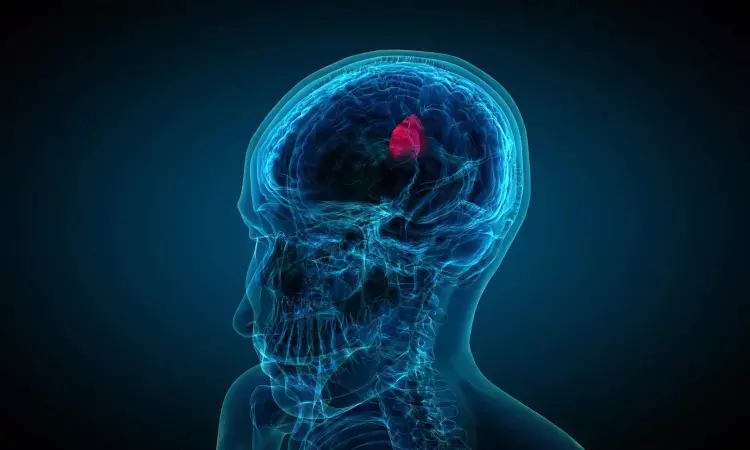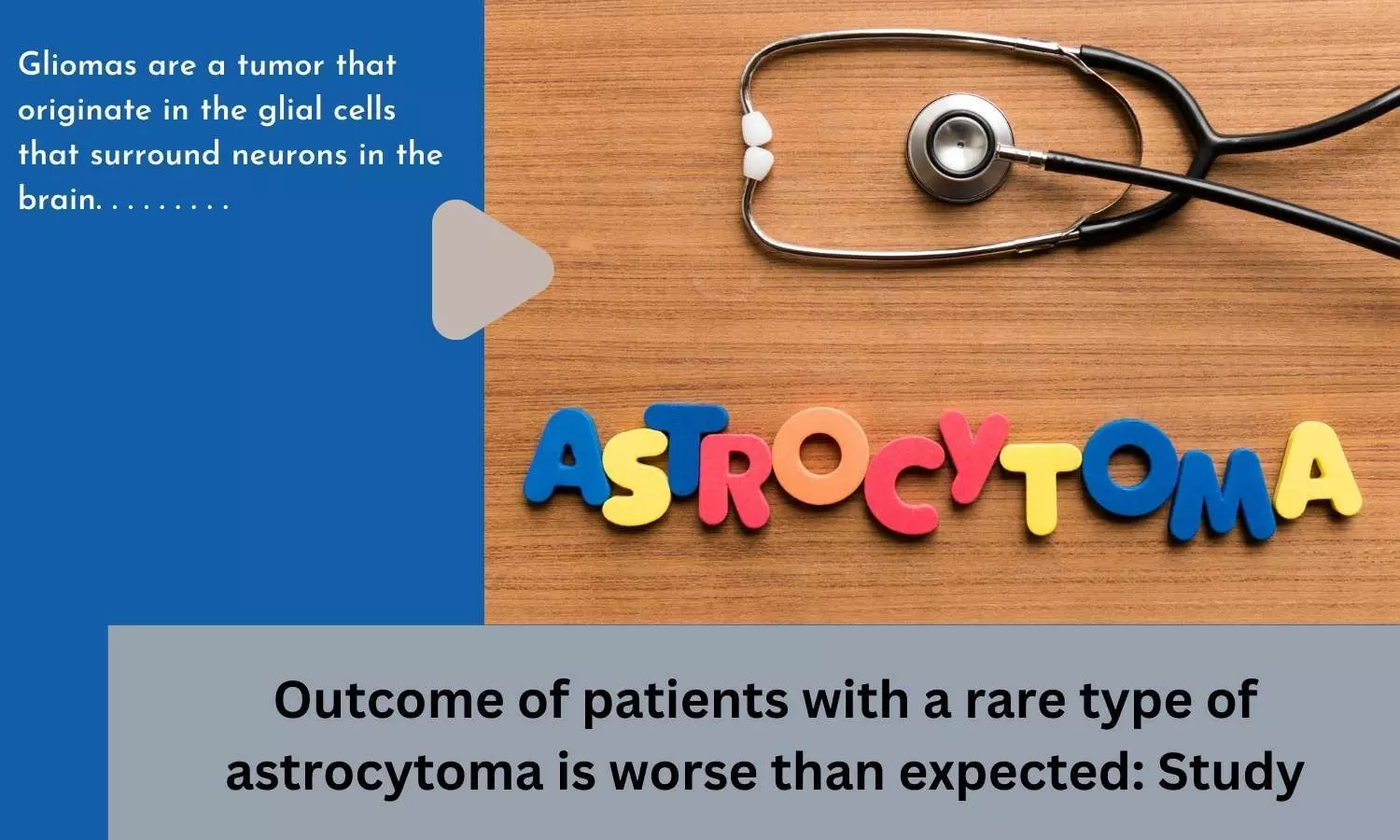- Home
- Medical news & Guidelines
- Anesthesiology
- Cardiology and CTVS
- Critical Care
- Dentistry
- Dermatology
- Diabetes and Endocrinology
- ENT
- Gastroenterology
- Medicine
- Nephrology
- Neurology
- Obstretics-Gynaecology
- Oncology
- Ophthalmology
- Orthopaedics
- Pediatrics-Neonatology
- Psychiatry
- Pulmonology
- Radiology
- Surgery
- Urology
- Laboratory Medicine
- Diet
- Nursing
- Paramedical
- Physiotherapy
- Health news
- Fact Check
- Bone Health Fact Check
- Brain Health Fact Check
- Cancer Related Fact Check
- Child Care Fact Check
- Dental and oral health fact check
- Diabetes and metabolic health fact check
- Diet and Nutrition Fact Check
- Eye and ENT Care Fact Check
- Fitness fact check
- Gut health fact check
- Heart health fact check
- Kidney health fact check
- Medical education fact check
- Men's health fact check
- Respiratory fact check
- Skin and hair care fact check
- Vaccine and Immunization fact check
- Women's health fact check
- AYUSH
- State News
- Andaman and Nicobar Islands
- Andhra Pradesh
- Arunachal Pradesh
- Assam
- Bihar
- Chandigarh
- Chattisgarh
- Dadra and Nagar Haveli
- Daman and Diu
- Delhi
- Goa
- Gujarat
- Haryana
- Himachal Pradesh
- Jammu & Kashmir
- Jharkhand
- Karnataka
- Kerala
- Ladakh
- Lakshadweep
- Madhya Pradesh
- Maharashtra
- Manipur
- Meghalaya
- Mizoram
- Nagaland
- Odisha
- Puducherry
- Punjab
- Rajasthan
- Sikkim
- Tamil Nadu
- Telangana
- Tripura
- Uttar Pradesh
- Uttrakhand
- West Bengal
- Medical Education
- Industry
Vorasidenib shows promising results in IDH1- or IDH2-Mutant low-grade gliomas: NEJM

New research revealed that Vorasidenib, an oral brain-penetrant inhibitor of mutant IDH1 and IDH2 enzymes significantly improves progression-free survival and delayed the time to the next intervention. The trial was published in the journal The New England Journal of Medicine.
Gliomas are the most common and diffusively infiltrative central nervous system tumors that originate from the glial cells. Gliomas are classified into low-grade, atypical, and high-grade tumors based on cell morphology, mitotic activities, and molecular marker. Grade 2 gliomas with IDH mutations are malignant brain tumors that result in severe impairment and early death. In preliminary studies, Vorasidenib, an oral brain-penetrant inhibitor of mutant IDH1 and IDH2 enzymes has shown good results in IDH-mutant gliomas. Hence researchers conducted a double-blind, phase 3 trial to assess the effect of the drug on gliomas.
Patients with residual or recurrent grade 2 IDH-mutant glioma who had not undergone any previous treatment other than surgery were recruited to receive either oral vorasidenib (40 mg once daily) or matched placebo in 28-day cycles. Assessing the imaging-based progression-free survival according to blinded assessment by an independent review committee was the primary endpoint of measurement. The key secondary endpoint was the duration of the next anticancer intervention. Participants could crossover to vorasidenib from placebo based on confirmation of imaging-based disease progression. Apart from this, safety was also assessed.
Key findings:
- Out of 331 patients who were assigned to receive vorasidenib (168 patients) or placebo (163 patients), 226 patients (68.3%) were continuing to receive vorasidenib or placebo at a median follow-up of 14.2 months.
- Vorasidenib group showed significant improvement in the progression-free survival as compared with the placebo group (27.7 months vs. 11.1 months).
- There was a significant improvement in the time to the next intervention in the vorasidenib group as compared with the placebo group (hazard ratio, 0.26).
- Both the groups showed adverse events of grade 3 or higher. They occurred in 22.8% of the patients in the vorasidenib group and in 13.5% of those in the placebo group.
- An increased alanine aminotransferase level of grade 3 or higher occurred in 9.6% of the patients who received vorasidenib and in no patients who received placebo.
Thus, vorasidenib is the first targeted drug developed specifically for people with brain cancer and it has become a promising treatment option for low-grade gliomas.
Further reading: Mellinghoff IK, van den Bent MJ, Blumenthal DT, et al. Vorasidenib in IDH1- or IDH2-Mutant Low-Grade Glioma [published online ahead of print, 2023 Jun 4]. N Engl J Med. 2023;10.1056/NEJMoa2304194. doi:10.1056/NEJMoa2304194
BDS, MDS
Dr.Niharika Harsha B (BDS,MDS) completed her BDS from Govt Dental College, Hyderabad and MDS from Dr.NTR University of health sciences(Now Kaloji Rao University). She has 4 years of private dental practice and worked for 2 years as Consultant Oral Radiologist at a Dental Imaging Centre in Hyderabad. She worked as Research Assistant and scientific writer in the development of Oral Anti cancer screening device with her seniors. She has a deep intriguing wish in writing highly engaging, captivating and informative medical content for a wider audience. She can be contacted at editorial@medicaldialogues.in.
Dr Kamal Kant Kohli-MBBS, DTCD- a chest specialist with more than 30 years of practice and a flair for writing clinical articles, Dr Kamal Kant Kohli joined Medical Dialogues as a Chief Editor of Medical News. Besides writing articles, as an editor, he proofreads and verifies all the medical content published on Medical Dialogues including those coming from journals, studies,medical conferences,guidelines etc. Email: drkohli@medicaldialogues.in. Contact no. 011-43720751



